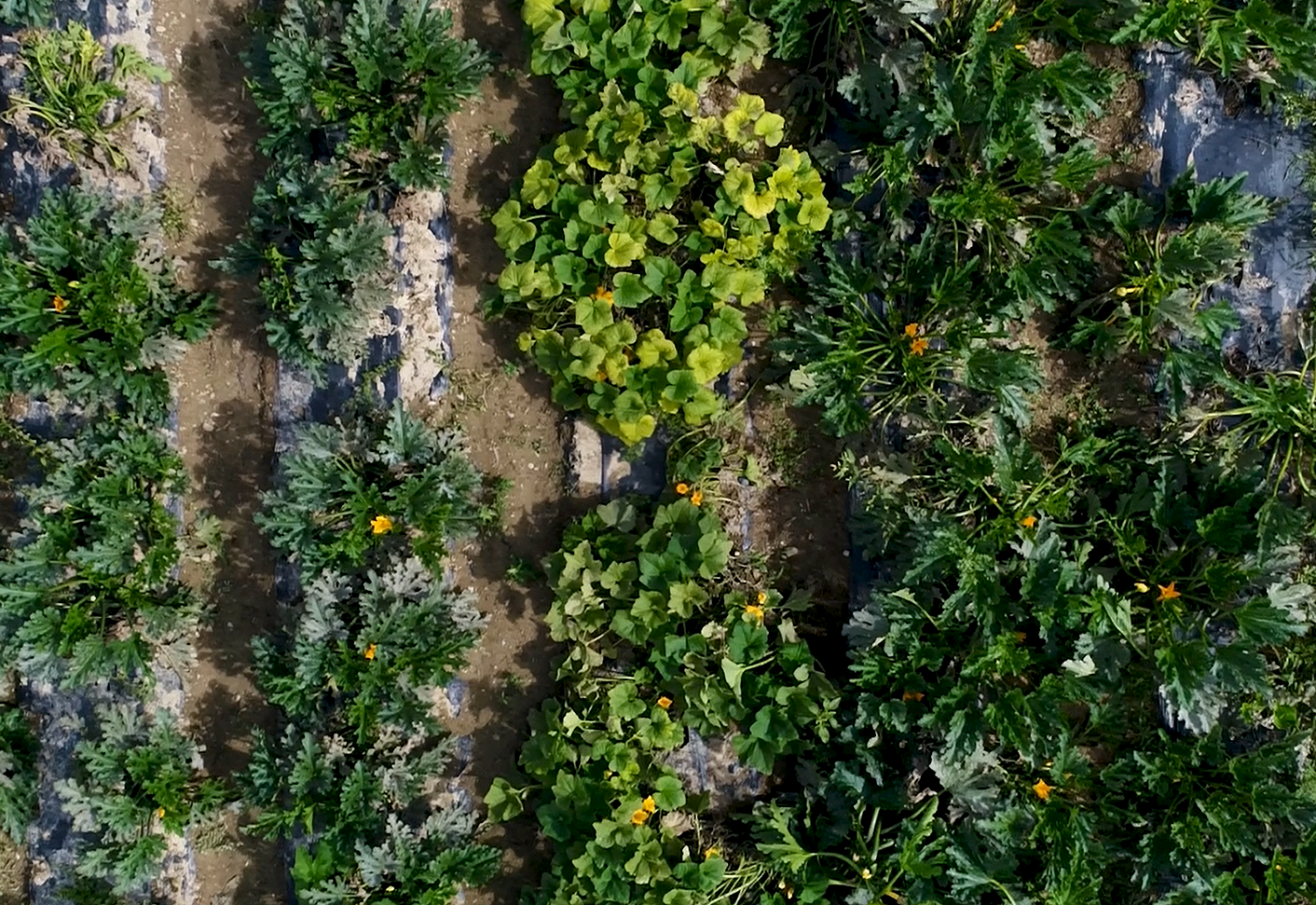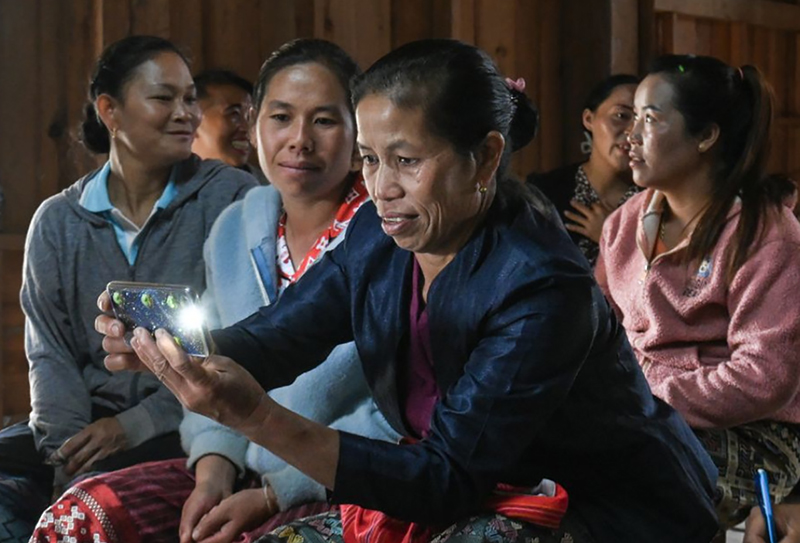
Sustainable food systems: The topic gets its due
Around 25 per cent of all environmental harms in Switzerland can be attributed to our diet – excluding impacts abroad. Our “food footprint” and what we need to change were the topic of the hour in 2023. In addition to the “Spirit of Bern” (see “Highlight” below), our researchers contributed to two other major events aimed at advancing sustainable solutions.
The year got off to a fantastic start: In early February, SDSN Switzerland hosted the first Swiss Food Systems Summit. Around 300 representatives from science, policy, agriculture, business, and civil society came together at the University of Bern to debate the future of food in Switzerland. The event culminated in the presentation of scientific guidelines to Federal Councillor Guy Parmelin, the Swiss Minister of Economic Affairs.
Science points the way forward
The guidelines are the result of a collaborative effort of over 40 researchers – including several CDE scientists. The publication makes it clear that changes must be made along the entire value chain, from producers to consumers, as well as in politics. In four packages, the researchers present numerous progressive, interlocking measures that Switzerland can implement to move towards future food sustainability.
A cornerstone of food sustainability – though not the only one – is agricultural policy. Following the Food Systems Summit and in advance of a parliamentary debate on the “greening” of Swiss agriculture, we spoke with CDE scientist Bettina Scharrer about the potential to chart a new course. She was unequivocal: “It is also the task of science to provide policymakers with the knowledge they need to initiate appropriate measures.”
Agroecology works!
Among other new ways forward, the researchers recommended in their guidelines that the food sector be organized according to agroecological principles. These principles bring together economic, ecological, and social interests across the entire food system.
In October, as part of an event series titled “Agroecology Days”, CDE came together with other organizations, private actors, and scientific institutions to demonstrate what agroecology means in concrete terms and how it succeeds in practice.
On behalf of the series, CDE screened its film “Solidarity Economy: A Different Form of Economy for a Sustainable Food System” at the University of Bern. Drawing on examples from Switzerland and France, the film shows how farmers have successfully used agroecological strategies and cooperation to create new marketing channels that ensure the long-term survival of their farms.
Watch the film:

Agroecology also offers a pathway to sustainability in the global South, as demonstrated in a webinar we organized. Here, we explored the question: “How can agroecology be measured?” Researchers presented two projects in northern Laos, where they tested a new approach that sheds light on the importance of agroecology for sustainable land use.